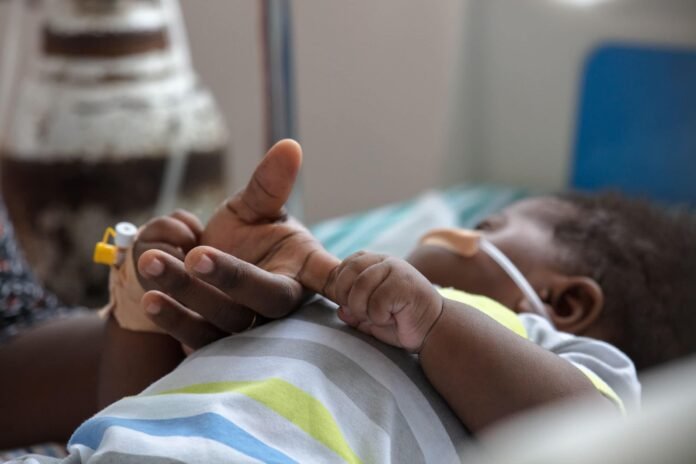The child mortality rate in Nigeria has reduced to 16.7 per cent, achieving 31 of 41 key health performance indicators by the third quarter of this year.
The country’s drive to establish itself as a producer of medicines and vaccines is also gaining momentum.
The Minister of Health and Social Welfare, Prof. Ali Pate, announced the achievements when he appeared on a national television programme monitored at the weekend.
The minister described the achievements as milestones that emanated from the current administration’s comprehensive health sector reforms aimed at unifying efforts to tackle critical challenges.
He added that contrary to negative narratives about foreign companies leaving Nigeria, international interest in the country’s health sector has been growing.
Pate said the reported progress was grounded in data and supported by extensive data collection efforts, including the National Demographic and Health Survey (DHS) and the annual People’s Voices Survey, which gathered crucial insights from citizens nationwide.
Commenting on the sector’s achievements, he said: “The data highlights notable reductions in disease rates, including a 40 per cent decrease in diarrhoeal diseases, a 30 per cent drop in respiratory infections, a 12 per cent reduction in HIV, a five per cent reduction in malaria, and a 16.7 per cent reduction in child mortality, which declined from 132 to 110 per 1,000 children since 2018.
“The 2023 DHS, conducted from October to December, covered 46,000 households, providing robust data on health outcomes across the country.
“Additionally, the People’s Voices Survey, first conducted in 2022 and repeated in 2023, captured the perspectives of over 2,600 Nigerians on healthcare performance.
“The findings from these surveys present a clearer picture of Nigeria’s health system improvements.”
![]()










